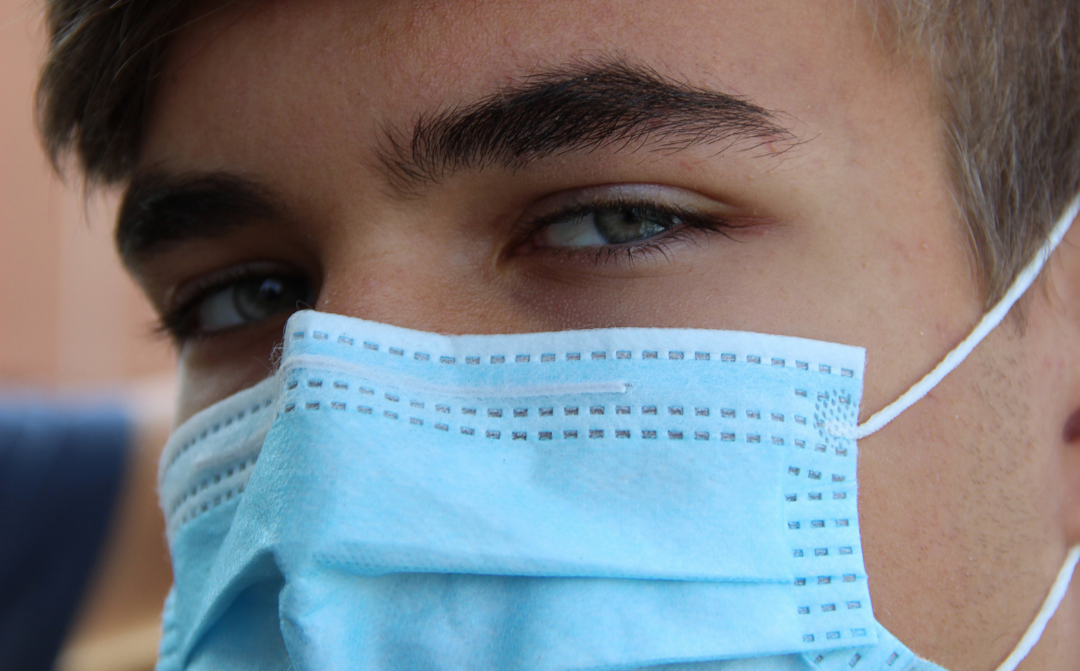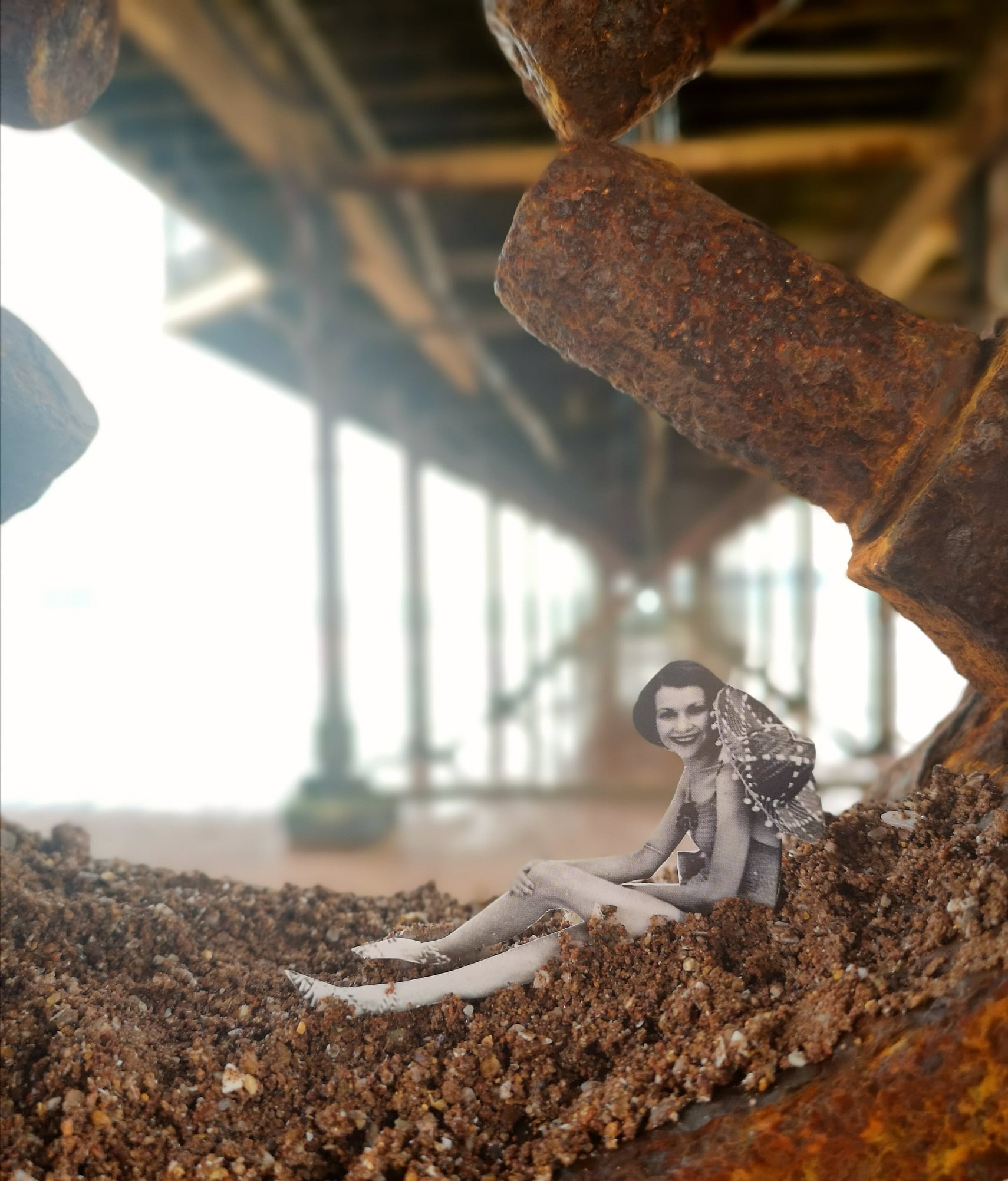By Jessica Gregory
The return to school in March was different to the return in September for reasons such as bi-weekly testing and constant mask-wearing. After having been back in school for about three weeks, I decided to speak to Bethany, a current Year 10 student.
Several weeks ago, there was the #NoMasksInClass trend on Twitter, which sparked many debates between parents and students, with parents taking the view that it was abuse for children to wear face coverings all day. Contrasting views at the time included that it was impossible to socially-distance in schools. Bethany clearly shows her views when she says, “it’s not necessarily comfortable, but… it’s worth it.”
When I asked her about testing twice a week, she said that it was “similar to the masks”, explaining that it wasn’t the “most enjoyable experience”. She added that if it helped us return to a phase of normality, she preferred that everyone tested twice a week. At the beginning of the return, everyone tested at school three times within the first fortnight, but it’s now turned to students doing it at home every Wednesday and Sunday evening after six o’clock.
Within the first week of the return, Bethany’s school received a positive case. She explained that she was isolated in the same room with her classmates throughout “break, and the next lesson, and lunch”, telling me she thought she was in there for “four and a half hours”. She continued to say that it was actually a false positive, which just made it feel “pointless”. It was recently reported by the BBC that almost one fifth of positive rapid tests are proven to be incorrect.
Another concern of students is how their GCSEs and A Levels will be affected by lockdown due to the lack of time away from the classroom. When I confronted Bethany about this topic, she told me it was a “slight concern” of hers, as she is doing her GCSEs next year. She stressed to me that her worries aren’t that she’s behind with learning, but how the government will make it fair for everyone, considering every school is studying different parts of the curriculum at any one time.
We discussed the possibility of students being told the topics in advance, of which Bethany told me that it was “obviously helpful”, but she explains that with other people also being given this advantage, it could alter the grade boundaries to make them even harder for her. The numerical grading system for GCSEs replaced the alphabetical one under Michael Gove in 2014. The main difference between these systems is that the current system is entirely dependent on the rest of the country instead of set grade boundaries.
She continued to ask the question of, “we have to trust our leaders, else where are we?” in response to how they’ll judge the GCSEs fairly this year. Last Summer, the way the exams were marked had to be changed because students found their results unfair. This year, teachers will assess a student across a range, anywhere from mock exams to coursework.
During our interview, I asked Bethany whether she felt this return to school went better than the one in September, but she told me that she just feels that “we’re more used to it now”, explaining that she had her “bubble map alongside [her] for a long time in September”. Her view is that September is the beginning of the natural school year, so she was beginning the year slowly, whereas in March, she said that it felt “a little more rushed”.
An extremely difficult-to-answer question for some students at the moment is whether they’d rather be home-schooling, or in the classroom. Some may argue that being in class means that they have social interaction, which gives them the motivation to continue, alongside the added bonus that lessons don’t become merged when there’s the definitive bell. Contrastingly, some might say that they preferred working at their own pace, as they actually had time to understand the lesson, or they could work faster than in the classroom.
When asked if there was anything else she’d like to touch on, Bethany responded by saying that mental health still needs to be addressed, but “we are all struggling”. Touching on that, she said that “acknowledgment” and “understanding” of what we’re all going through is going to be “really crucial”. Honesty is something she believes to be vital at this time, considering we’ve all had completely different lockdown experiences, and I suppose we’ll never truly know what someone else is going through.

You can join us on our social media pages, follow us on Facebook or Twitter and keep up to date with whats going on in South Devon.
Got a news story, blog or press release that you’d like to share or want to advertise with us? Contact us




























